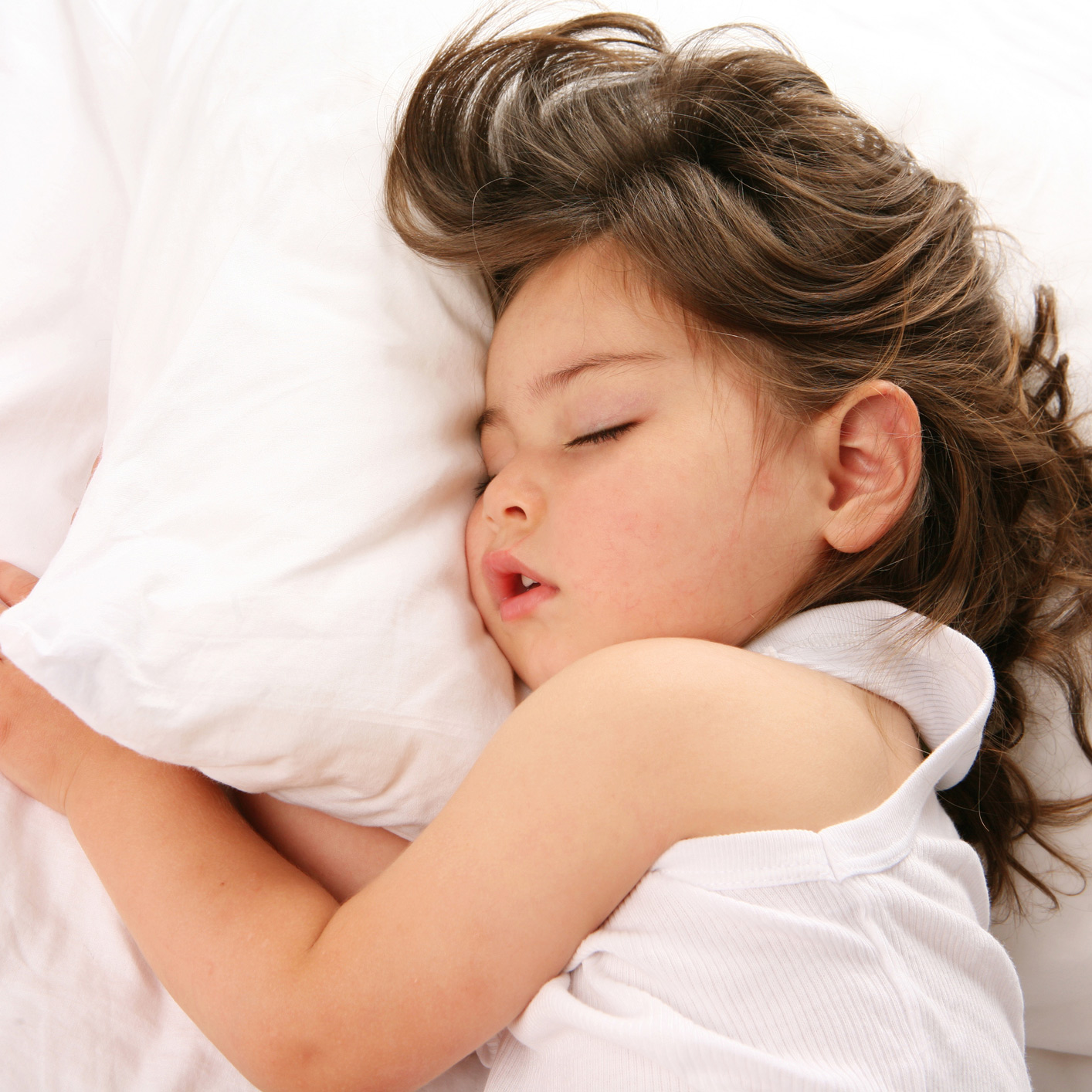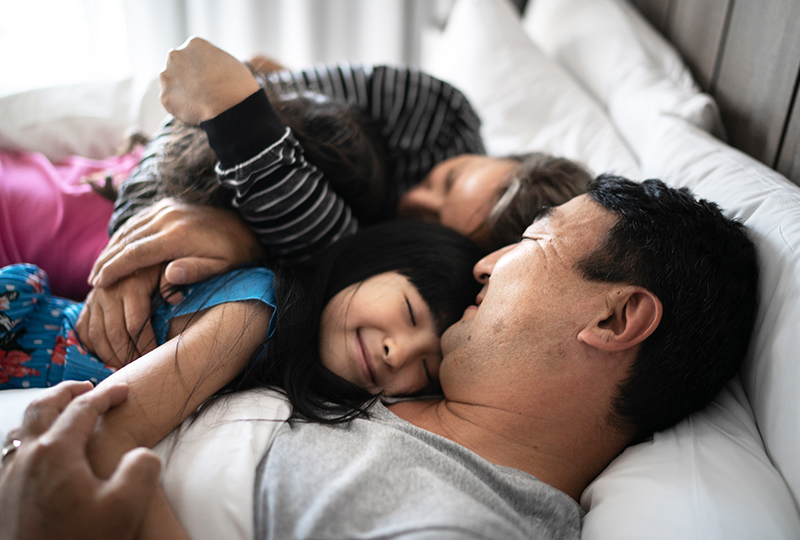6 things every parent should know about nocturnal enuresis.
You’re well past the newborn phase, and you earned your parenting gold medal transitioning your child from crib to “big kid bed.” It’s finally time to get some well-deserved rest – you think.
Then the bedwetting begins.
Worried you’ll never sleep again, you frantically ask friends and the internet for advice. Unfortunately, there are lots of misconceptions about bedwetting out there. My Southern Health sat down with Dr. Abby S. Taylor, a pediatric urologist at Monroe Carell Jr. Children’s Hospital at Vanderbilt, to set the record straight.
Misconception #1: Once a child is potty trained, they shouldn’t wet the bed.
This is one of the most common myths out there, Taylor said. Contrary to popular potty-training books and methods, children should not be expected to stay dry all night just because they are daytime potty-trained.
“Nighttime continence is the last of the potty skills to be gained,” Taylor said. “In a lot of kids, it’s still normal to wet the bed up to age 6 or longer.”
Misconception #2: Little kids can be trained not to wet the bed at night.
Plenty of parenting blogs will tell you to reward kids for staying dry at night, but it won’t make a difference. It certainly doesn’t help to punish a child.
“Kids have zero control over nighttime wetting,” Taylor said. “It’s really just maturation between the brain and bladder that needs to develop. They don’t know they’re doing it, so if I can give parents one piece of advice, it’s don’t punish your child for bedwetting.”
Misconception #3: Using nighttime diapers and pull-ups only prolongs bed wetting.
Taylor hears this a lot, too, but says there have been studies showing this isn’t the case. It goes back to maturation.
“Kids are not aware of what they’re wearing once they’re asleep,” she said. “So if it is easier — and for most people, it is easier — I say pull-ups are completely fine. Using them at night will not change the trajectory of them growing out of bedwetting.”
Misconception #4: Kids should grow out of wetting the bed by age 7.
About 90% of kids grow out of wetting the bed by age 7, according to the American Academy of Pediatrics, but that doesn’t mean there’s anything wrong with a child who still wets the bed after 7.
“About 10% of kids grow out of bedwetting per year after age 5. In other words, it can still be normal and not worrisome at age 12 or 14. About 99% of kids eventually outgrow it.”
“About 10% of kids grow out of bedwetting per year after age 5,” Taylor said. “In other words, it can still be normal and not worrisome at age 12 or 14. About 99% of kids eventually outgrow it.”
If you want to get an idea of when your child might outgrow bedwetting, try doing some family research.
“It’s highly genetic,” Taylor said.
Kids with one parent who wets the bed after age 5 have about a 40% chance of doing so themselves, according to the American Academy of Pediatrics. A child’s chances go up to 70% if both of their parents did.
Misconception #5: There’s nothing you can do about bedwetting in kids.
While there’s nothing you can do to speed up the development of your child’s brain-bladder connection, there are steps you can take to ease the burden of bedwetting, including:
- Encourage plenty of liquids throughout the day, but limit intake during the two to three hours before bedtime.
- Do not allow children caffeinated beverages, particularly after lunch.
- Make sure your child uses the potty immediately before going to bed.
- Cover mattress with a waterproof pad and sheet and then another waterproof pad and sheet so if your child wets the bed, you only need to remove the top sheet and pad instead of having to remake the bed at night.
Misconception #6: Bedwetting can be cured with medication.
There are a few medications on the market that can help kids with wetting the bed, Taylor said, but they’re not for long-term use.
“Think of medication more of like a Band-Aid,” she said. “There is one I might prescribe for a special occasion — a sleepover, camp, vacation — when they really don’t want to wet the bed, but it’s not successful in everyone.”
Unless your child is also having frequent problems with daytime accidents, urgency or urinary tract infections, bedwetting doesn’t require treatment.

Personalized care for your child
If your child has a urinary tract issue, the experts at the Bladder Wellness Clinic at Monroe Carell Jr. Children’s Hospital at Vanderbilt can help. Call 615-936-1000 or click below to learn more about conditions and treatments.

